Over the past few weeks, several individuals have tried to draw attention—via various forums—to the domestic risks, consequences, and costs associated with Ukraine’s fast-tracked EU accession. There is broad agreement that agriculture would be the primary loser in this scenario. Some experts have gone as far as to say: if our eastern neighbor joins the EU, it could mean the end of Hungarian agriculture. They believe the risks extend not just to EU farmers, but also to the 550 million consumers across the EU.
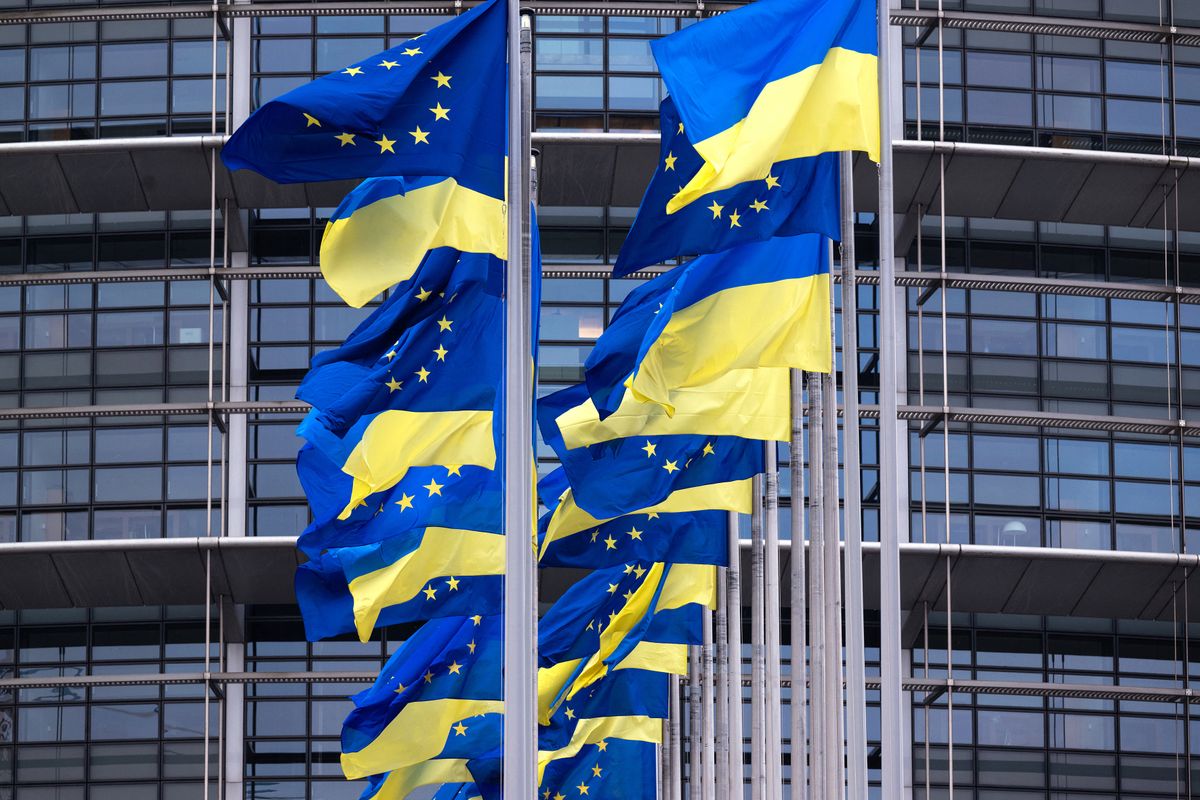
The Risks of Ukrainian EU Integration
If Ukraine were to join the EU, it would be one of the largest agricultural nations in the union, significantly reshaping the distribution of agricultural subsidies within the Bloc. Due to the expected reduction in available Common Agricultural Policy (CAP) funds, Hungarian agriculture would face an annual loss of 672 billion forints (approx. €1.7 billion), equating to a loss of about 3.2 million forints (over €7,800) per average Hungarian farmer.
Reka Zsuzsanna Mathe, a researcher at the Europe Strategy Research Institute (EUSTRAT) at the National University of Public Service (NKE), warns that if Ukraine's desire to be integrated into the CAP system under a fast-track procedure, it would raise numerous issues and generate significant additional costs for the EU beyond the agricultural subsidies.
One of the main issues, she notes, is that Ukraine is one of the most heavily mined countries in the world. Some sources report weekly fatalities due to landmines.
To allow farming to resume safely, large-scale demining of agricultural areas would be necessary, with estimated costs of €30–35 billion, which would likely be borne by EU funds.
Mathe also warns of food safety concerns. While the EU has various bodies to ensure that member states meet strict agricultural standards to receive CAP funding, Ukraine's vast territory would overwhelm the current system. A dedicated agency would likely be required, adding more costs.
A Few Influential Businesses Would Absorb Most CAP Funds
A major issue, according to Mathe, is that unlike most EU countries where medium-sized farms dominate, much of Ukraine's agricultural land is owned and controlled by a handful of massive corporations.
Just 22 companies own a significant portion of Ukraine’s farmland, each managing at least 50,000 hectares, with some exceeding 100,000 hectares.
“This is very difficult to compare with the small-scale farms typical in much of Europe,” Mathe said.
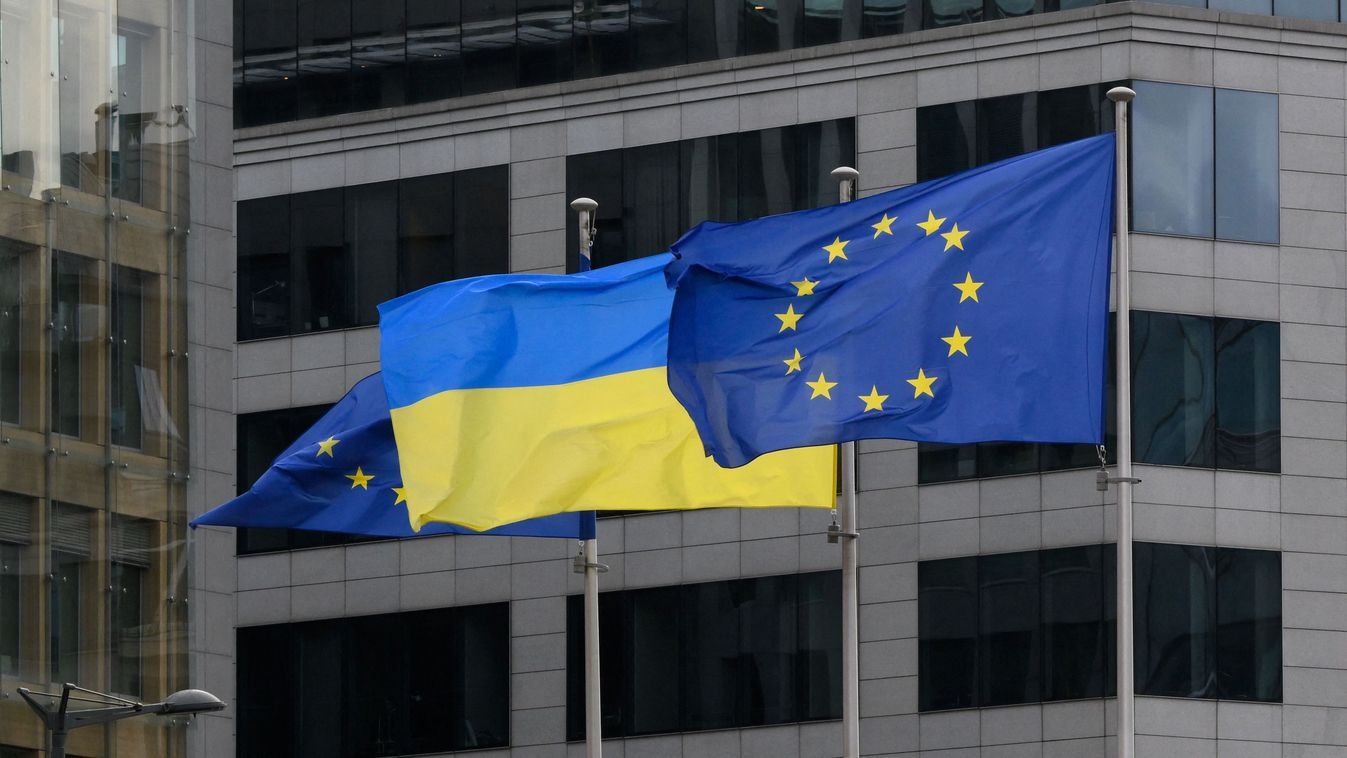

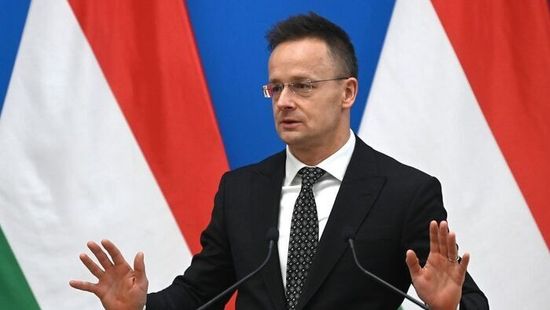












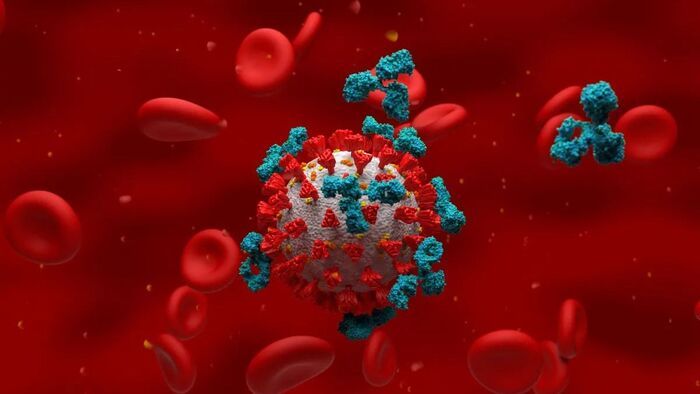
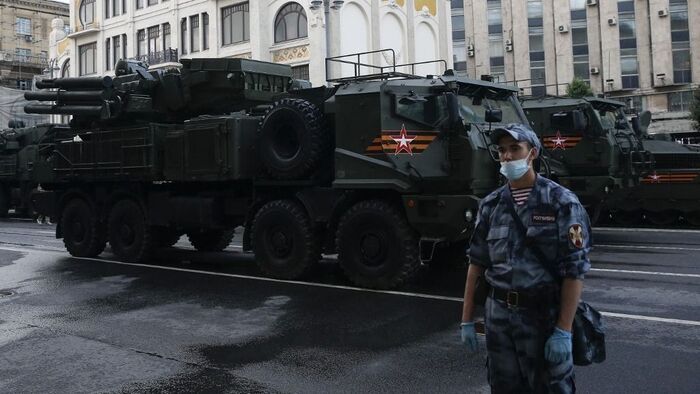
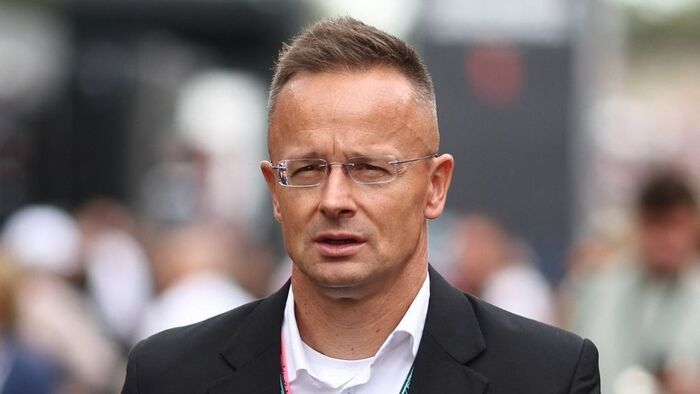



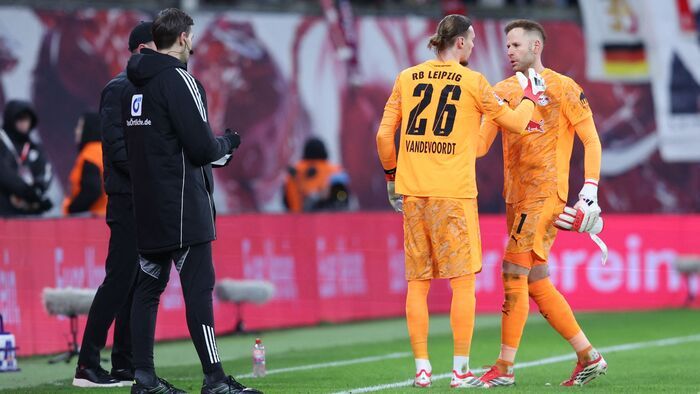

Szóljon hozzá!
Jelenleg csak a hozzászólások egy kis részét látja. Hozzászóláshoz és a további kommentek megtekintéséhez lépjen be, vagy regisztráljon!